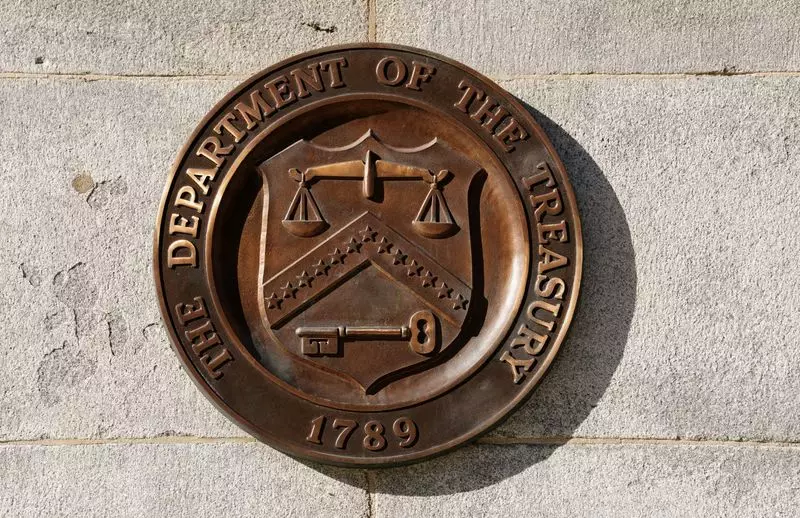Scott Bessent, a name recognized by many within financial circles, has built a remarkable career entrenched in macroeconomic strategies and hedge fund management. From his early days alongside financial giants like George Soros and Jim Chanos, to the possibility of stepping into one of the most notable political-economic positions in the United States, Bessent’s path is both inspiring and reflective of the intricate relationship between finance and governance.
Bessent’s journey into the financial world began in a rather unconventional setting — Little River, South Carolina, a place not typically associated with Wall Street trends. Growing up in an environment that experienced the highs and lows of real estate investments, Bessent has often recounted his childhood experiences dealing with financial anxiety. This personal history not only fueled his ambition but laid the groundwork for a career defined by a deep understanding of economic volatility.
His educational journey took him to Yale, where he initially contemplated a career in journalism. However, the lure of finance proved too strong. Upon earning his degree in political science, Bessent embarked on an internship that would subsequently lead him into the thrilling world of hedge funds. His early experiences with Chanos helped hone his skills in short selling, setting the stage for a future rife with strategic financial maneuvers. This mentorship led him to Soros Fund Management, where he played a pivotal role in one of the firm’s most famous trades — shorting the British pound during the currency crisis of 1992, a move that solidified Soros’s reputation as a ‘man who broke the Bank of England’.
In 2015, Bessent launched Key Square Group, a hedge fund that attracted significant capital, including $2 billion from Soros himself. This venture showcased not only his prowess in identifying lucrative investment opportunities but also his ability to maintain and grow investor confidence. As of late 2023, Key Square Group managed assets worth approximately $577 million, indicating a moderate yet steady growth trajectory in a highly competitive field.
What sets Bessent apart from his contemporaries is his proactive approach to financial policy and economic reform. His advocacy for deregulation and tax reform reflects a deeply ingrained belief in stimulating economic growth through less restrictive financial frameworks. In an op-ed featured in The Wall Street Journal, he articulated a vision for a revitalized economy, drawing connections between financial policy, investor confidence, and overall growth trajectories.
Interestingly, Bessent is not just a distant observer of the political landscape; he is actively engaged in it. Having maintained a relationship with the Trump family for over three decades, he leveraged this long-standing connection to support Trump’s presidential campaign in 2016. In the current election cycle, his role has expanded to include serving as a top economic advisor and fundraiser, signaling a growing intertwining of finance and politics. His enthusiasm for the Trump administration’s economic policies is a reflection of his belief that certain changes can spur national economic growth.
Bessent’s educational background coupled with his extensive career in finance positions him uniquely for a potential role as the U.S. Treasury Secretary. Historical precedents suggest that individuals with similar backgrounds have successfully transitioned into government roles, having included figures like Steven Mnuchin and Henry Paulson, both of whom came from distinguished finance careers before managing the economic policy of the nation.
As he stands on the brink of possibly serving as Treasury Secretary, Bessent carries with him not only a wealth of experience but a personal mission to alleviate financial anxiety, which he witnessed in his formative years. His eclectic background rooted in both the practicalities of finance and the complexities of governance offers a promising avenue for future policies aimed at reshaping the U.S. economic landscape.
Scott Bessent’s potential transition from hedge fund manager to a key government figure encapsulates the ongoing interplay between the financial sector and public policy. His unique insights into market dynamics and investor sentiment, honed over decades, may just be what the nation needs to navigate the complexities of today’s economic challenges. As he looks toward the future, the financial community and political observers alike will be keen to see how his vision unfolds in a pivotal role within the U.S. government.

